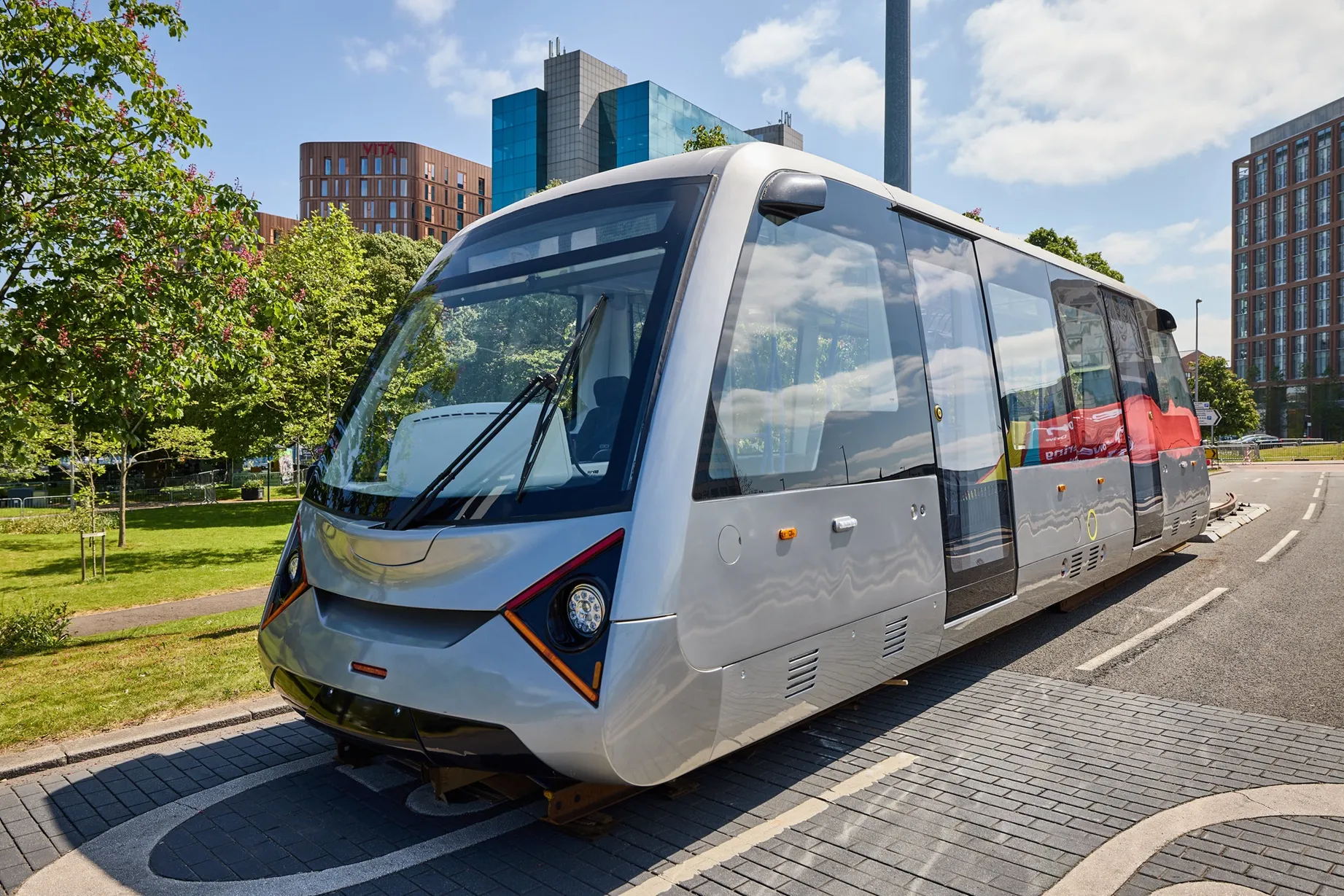Siemens has been chosen by the US Twin Cities of Minnesota and St Paul Metropolitan Council to manufacture 27 new light rail vehicles that will operate on the Metro Transit Southwest line expansion.
Siemens will begin engineering the new vehicles, which will feature improvements including a redesigned middle section to improve passenger flow including wheelchairs and bicycles, ice cutters to remove sleet from the overhead wires that provide the electrical current to power the vehicles, and preferred seat
October 28, 2016
Read time: 1 min
Siemens will begin engineering the new vehicles, which will feature improvements including a redesigned middle section to improve passenger flow including wheelchairs and bicycles, ice cutters to remove sleet from the overhead wires that provide the electrical current to power the vehicles, and preferred seating to meet Americans with Disabilities guidelines, among many others.
The contract expands Siemens relationship with the Twin Cities, adding to the existing fleet of 59 Siemens S70 light rail vehicles successfully operating on Metro Transit’s Green and Blue lines. Five additional S70s are currently in production in Sacramento and will add capacity to the existing system.
The first light rail vehicle is expected to arrive in Minnesota in 2019.








